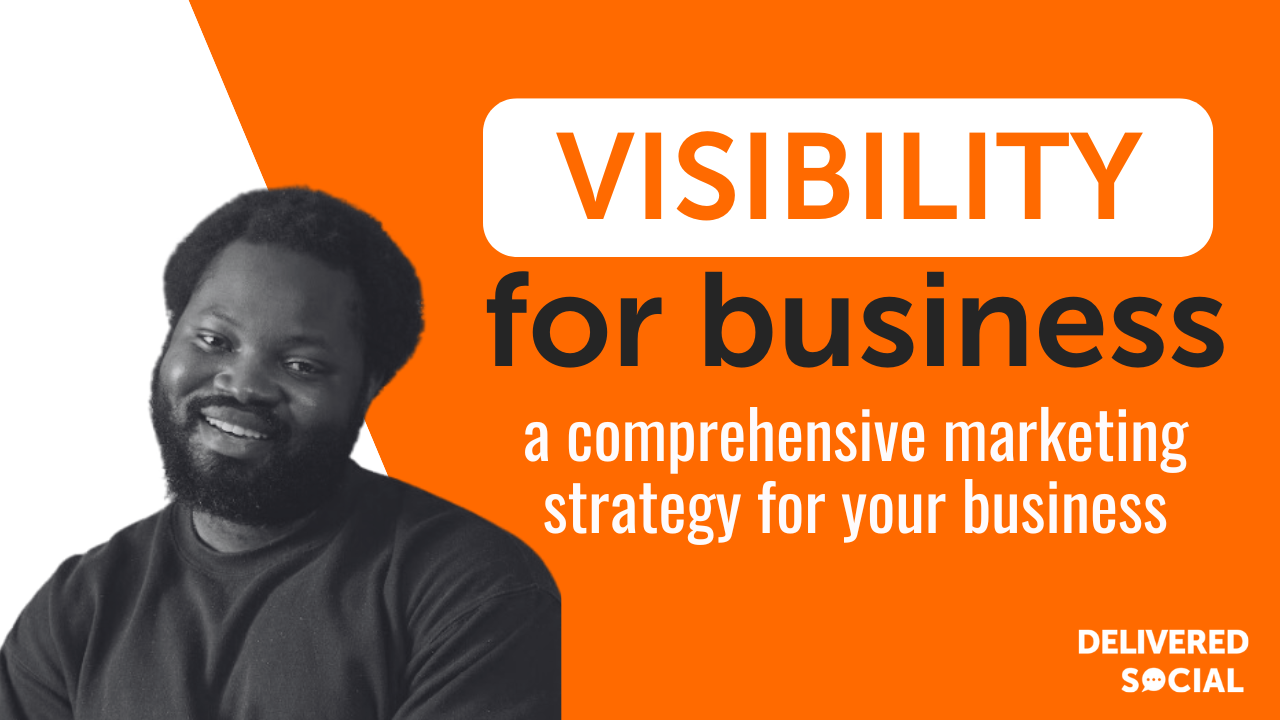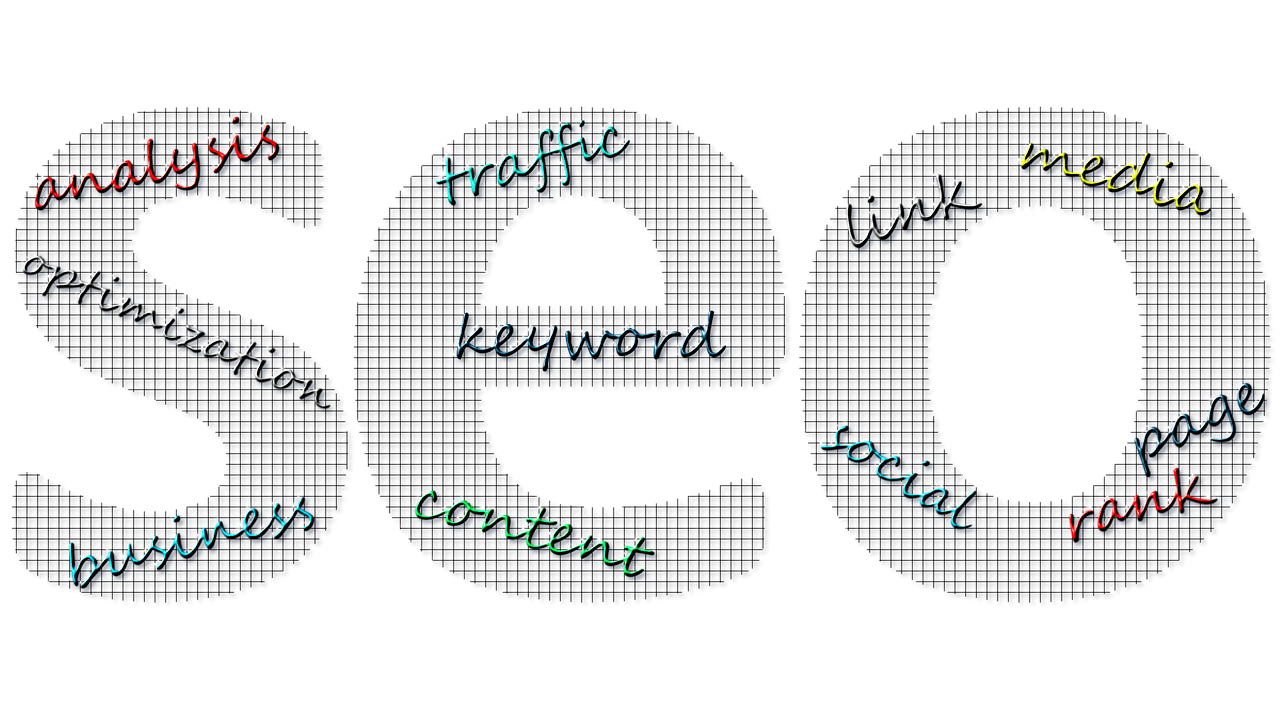
Yes! The business scene is tough, confusing even, and achieving effective visibility is crucial for success. Whether you’re looking to attract new customers, increase sales, or strengthen your brand identity, understanding the differences between direct marketing and indirect marketing can significantly enhance your strategic approach. This blog post explains ‘Direct Marketing vs Indirect Marketing,’ providing a clear breakdown of each method, their distinct advantages, and practical applications for your business. We’ll explore how direct marketing offers a focused and measurable way to reach your target audience, while indirect marketing builds a broader, enduring brand presence. Both strategies hold vital importance in a balanced portfolio, and choosing the right approach can dramatically affect your company’s visibility and growth.
Understanding Direct Marketing
Direct marketing is a targeted approach that allows businesses to communicate directly with their potential customers through various channels. This method focuses on sending personalised messages to a specific audience segment, aiming to elicit an immediate response such as a purchase, registration, or another form of engagement.
The most common channels used in direct marketing include emails, direct mail, telephone calls, and SMS messages. Each channel serves a unique purpose and can be selected based on the preferences and behaviours of the target audience. For instance, email marketing campaigns can be highly effective for delivering personalised content directly to the inboxes of customers who have opted in. Direct mail, though more traditional, holds a unique appeal and often stands out in a digitally saturated world. With tools like Postalytics, businesses can make their direct mail campaigns more efficient by targeting the right audience using accurate mailing leads, helping them connect with recipients in a more tangible and memorable way.
A key feature of direct marketing is its ability to be measured and tracked. Businesses can easily monitor the response rates, engagement levels, and overall effectiveness of each campaign. This data is invaluable as it provides insights that help refine marketing strategies, ensuring resources are invested in tactics that yield the best returns.
Personalisation is another advantage of direct marketing. By utilising data analytics, businesses can create highly tailored messages that resonate deeply with the recipient. This tailored approach not only improves the chances of conversion but also enhances customer satisfaction by providing relevant offers and information.
Moreover, direct marketing allows for immediate communication and feedback. It facilitates a direct dialogue between the business and its customers, enabling quick adjustments based on customer responses and preferences. This promptness can be particularly beneficial for time-sensitive offers or when immediate action is desired from the target audience.
Direct marketing offers a focused and interactive approach that can be tailored to meet the specific needs of both the business and its customers. By leveraging the right channels and employing strategic personalisation, businesses can effectively drive conversions and achieve significant direct engagement with their target market.

Benefits of Direct Marketing
Direct marketing offers several compelling benefits that make it an attractive strategy for businesses aiming to enhance their visibility and directly engage with their target audience.
Firstly, direct marketing is highly measurable. Businesses can track the effectiveness of their campaigns through specific metrics such as open rates, click-through rates, and conversion rates. This data-driven approach allows companies to accurately assess the performance and return on investment (ROI) of each campaign, enabling them to make informed decisions about future marketing strategies.
Another significant advantage of direct marketing is its high degree of personalisation. Tailored messages that address the individual preferences and behaviours of customers can significantly increase engagement rates. This personal touch not only boosts the effectiveness of the campaign but also strengthens customer relationships by making recipients feel valued and understood.
Furthermore, direct marketing delivers immediate results. Unlike other marketing strategies that may build momentum over time, direct marketing can generate quick responses from recipients, whether it’s signing up for a newsletter, making a purchase, or attending an event. For example, a real estate agent can quickly generate local interest in an open house by distributing a well-designed real estate flyer. This clearly demonstrates how direct marketing drives immediate and measurable results. This is particularly useful for promotions with a short timeframe or an urgent response is required.
Overall, direct marketing stands out for its precision targeting, measurable outcomes, and potential for immediate impact. These benefits make it an essential tool in any marketer’s arsenal, enabling efficient and effective campaigns with clear, trackable goals.
Understanding Indirect Marketing
Indirect marketing is a strategic approach that differs significantly from direct marketing by focusing on subtler forms of promotion aimed at building brand awareness and establishing a positive reputation over time. This method involves engaging potential customers through various indirect channels that do not necessarily call for immediate action but instead nurture a relationship gradually.
Indirect marketing encompasses a variety of tactics such as content marketing, search engine optimisation (SEO), Indirect marketing encompasses a variety of tactics such as content marketing, search engine optimisation (SEO), gamification-based solutions, social media activities, and public relations efforts. social media activities, and public relations efforts. Content marketing, for instance, involves creating valuable and relevant articles, blog posts, and videos designed to attract and engage an audience without directly selling to them. This type of marketing positions the business as a thought leader and builds trust among potential customers.
SEO is another crucial component of indirect marketing. By optimising website content for search engines, businesses improve their online visibility and attract more organic traffic to their sites. This method enhances the likelihood of potential customers discovering the business naturally during their search queries, thereby increasing brand recognition without direct solicitation.
Social media platforms also play a significant role in indirect marketing. By maintaining active profiles and engaging with users through posts, comments, and shares, businesses can create a community around their brand. This engagement, while not directly promotional, helps to increase brand loyalty and awareness through regular interaction and content sharing.
Public relations efforts, including press releases and media outreach, further enhance a business’s visibility by securing coverage in various media outlets. This exposure contributes to building the company’s credibility and authority in its field, which, although indirect, is vital for long-term brand establishment.
Overall, indirect marketing is about creating a favourable environment in which a business’s reputation can thrive, thereby indirectly influencing consumers’ decisions and fostering long-term loyalty. This approach requires patience and consistency, as the results are not immediate but can be incredibly rewarding in terms of sustained business growth and brand value.

Benefits Of Indirect Marketing
Indirect marketing offers several long-term benefits that are crucial for building a sustainable brand and building deep connections with customers. One of the primary advantages is the broadening of engagement. Unlike direct marketing, which targets specific individuals, indirect marketing appeals to a wider audience. This extensive reach helps in cultivating a larger base of potential customers who, over time, may develop a strong affinity for the brand.
Cost-effectiveness is another significant benefit of indirect marketing. Tactics such as content marketing, SEO, and social media engagement generally require lower upfront investments compared to traditional advertising or direct marketing campaigns. Moreover, the content created can continue to attract and engage users long after it has been published, providing a continuous return on investment without additional expenditure.
Additionally, the sustained impact of indirect marketing is a key advantage. The effects of strategies like SEO and content marketing build cumulatively over time. As the brand continues to publish quality content and improve its search engine rankings, its authority and online presence grow. This enhanced brand recognition and reputation build trust and loyalty among consumers, which are invaluable assets for any business.
Indirect marketing, therefore, not only supports a company’s immediate marketing goals but also contributes to long-term business success by building a strong, reputable brand that attracts and retains customers effectively.
Direct Marketing vs Indirect Marketing: When To Use Each
Deciding whether to employ direct marketing or indirect marketing strategies—or a combination of both—depends on several factors, including your business goals, target audience, and the nature of your products or services. Understanding when to use each can help you allocate resources effectively and achieve optimal results.
Direct Marketing: Direct marketing is most effective when you need immediate results or when targeting specific consumer segments with tailored messages. It is ideal for:
- Promotional Campaigns: When launching time-sensitive offers or discounts, direct marketing can quickly drive actions and sales.
- Targeted Outreach: If you have a well-defined target audience, direct marketing allows for precise communication directly to those who are most likely to respond.
- Personal Engagement: When a personal touch is necessary, such as in high-value B2B relationships or niche markets, direct marketing facilitates tailored communications that can strengthen relationships and enhance customer loyalty.
Indirect Marketing: Indirect marketing is suited for long-term brand building and establishing a broad market presence. It is effective for:
- Brand Awareness: Gradually building a brand’s presence through content marketing, SEO, and social media can attract new customers organically.
- Educational Content: Providing valuable information through blogs, videos, and other media helps establish your business as a thought leader, fostering trust and credibility.
- Customer Loyalty: Engaging content and consistent interaction via social media or community-driven initiatives are excellent for keeping your audience engaged and loyal over time.
Combining Both Approaches: In many cases, businesses benefit from integrating both direct and indirect marketing strategies. For example, in direct marketing vs indirect marketing, you might use indirect marketing to build a foundation of trust and recognition and direct marketing to capitalise on this foundation with targeted offers or calls to action. This integrated approach ensures that while you are generating immediate returns, you are also investing in long-term brand loyalty and recognition.
In short, direct marketing is excellent for quick results and targeted outreach, while indirect marketing excels in building and maintaining a broad, engaged customer base. Choosing the right strategy, or a mix of both, depends on the specific objectives and dynamics of your business. For a deeper dive into how choosing the right colours can transform your branding, check out our article on Colour Theory in Branding: How the Right Colours Can Boost Your Brand
Integrating Direct And Indirect Marketing For Comprehensive Strategy
Let us not have the misconception that, ‘direct marketing vs indirect marketing’ are rivals, instead they are teammates! Integrating direct and indirect marketing strategies offers a comprehensive approach to achieving both short-term objectives and long-term goals, providing a well-rounded marketing effort that maximises business visibility and engagement.
By blending the immediacy of direct marketing with the sustained growth of indirect marketing, businesses can enjoy the best of both worlds. Direct marketing campaigns can be launched to build on immediate opportunities such as sales promotions or product launches, ensuring quick returns and active customer engagement. Concurrently, indirect marketing efforts like SEO, content creation, and social media management help to build a solid brand presence that attracts new customers organically and nurtures ongoing relationships.
This integrated approach allows for continuous communication with your audience, maintaining a presence in their daily lives through regular indirect touchpoints while also being able to push for immediate action through direct tactics when necessary. For instance, a company could use content marketing to educate and engage potential customers about their products or industry, while using targeted email campaigns to drive promotions or special events.
Effectively, the synergy between direct and indirect marketing ensures that a business is not only reaching out to potential customers at the right moments but also engaging them in meaningful ways that build loyalty and encourage long-term business growth. This strategy enhances the overall marketing efficiency and can significantly boost both customer acquisition and retention.

Want Them Both? Come To Delivered Social!
Integrating direct and indirect marketing strategies provides a robust framework for businesses to enhance visibility and engagement effectively. For tailored solutions and seamless integration of both approaches, consider partnering with Delivered Social, a leading digital marketing agency serving the Guildford, Portsmouth, and Hampshire areas. With expertise in both direct and indirect marketing tactics, Delivered Social can craft customised strategies that maximise your business’s reach, drive conversions, and foster long-term relationships with your target audience. Contact Delivered Social today to elevate your marketing efforts and achieve sustainable business growth.
Interested In Working Together?
Introducing Delivered Social. We’re The Most-Rated Digital Agency In Surrey & Hampshire – We’ve Got To Be Doing Something Right.
Delivered Social is a digital marketing agency with one mission—to help businesses grow. We’re famous in Guildford and Portsmouth for our social clinics. We believe in free advice. We build lasting relationships because our team prides itself on being helpful, which our clients appreciate.
If you are looking for a new website or an agency to manage your social media presence, we can help.
If you need something slightly different, here's a super handy list of all our services, or you can always email us.























